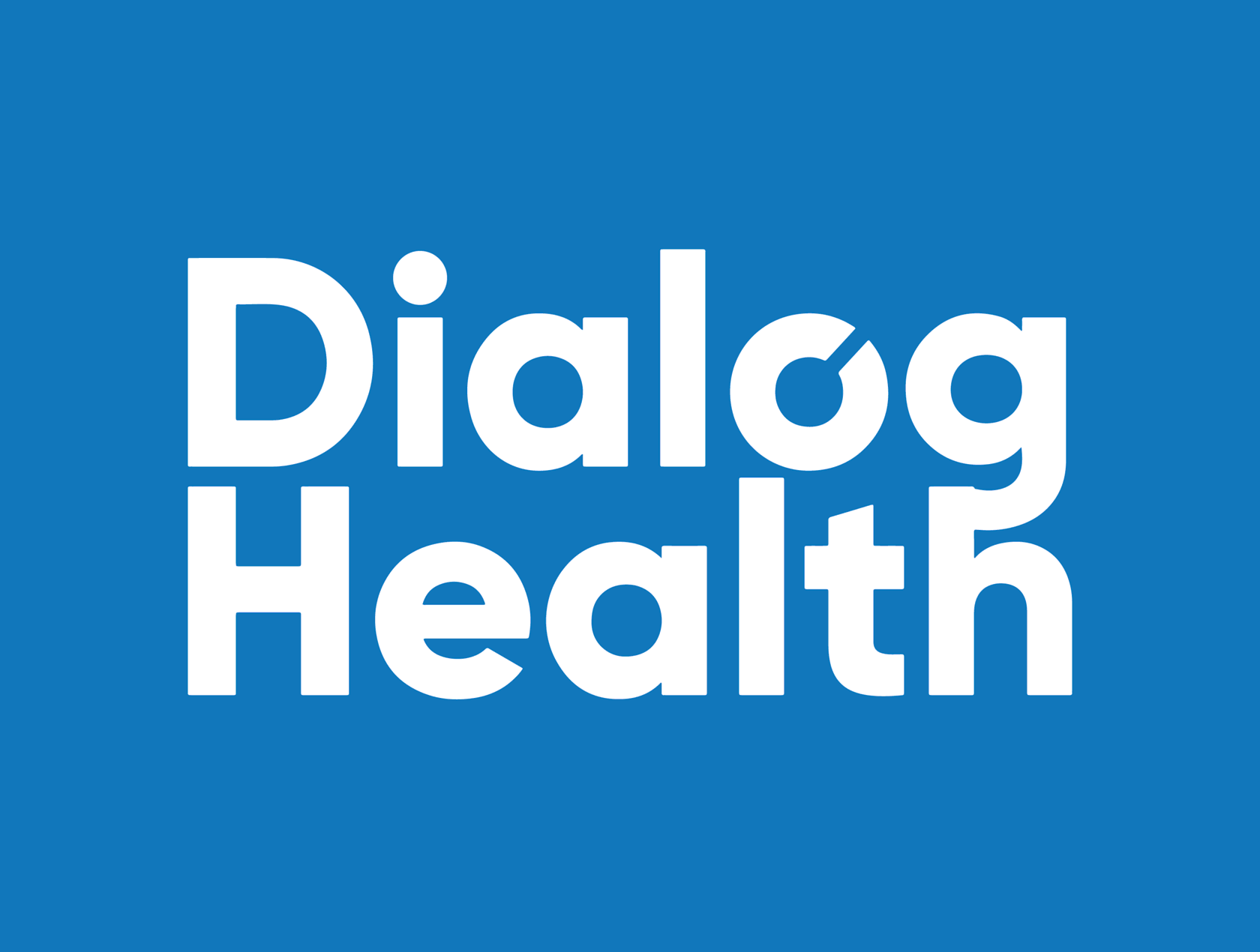BOSTON
Reinventing rehabilitation and healthcare:
American innovations
Reinventing rehabilitation and healthcare:
American innovations
- United States
- Rehabilitation
- 17 delegates
- October 2025
From 28 September to 3 October, a delegation accompanied by Dialog Health travelled to Boston as part of the study mission ‘Reinventing Rehabilitation and Healthcare: American Innovations’.
The aim of this study mission was to discover the healthcare and rehabilitation services offered by the American system.
The aim of this study mission was to discover the healthcare and rehabilitation services offered by the American system.
Why Boston ?
Boston stands out as a pioneer in healthcare and rehabilitation, thanks to its world-renowned medical institutions, such as Massachusetts General Hospital and Brigham and Women’s Hospital, which conduct cutting-edge research. The city also benefits from the presence of prestigious academic centres such as Harvard and MIT, which promote innovation in rehabilitation and medical technology. Its integrated approach to care — combining physical, medical and social rehabilitation — as well as its public-private partnerships, enable Boston to offer specialised treatments while advancing rehabilitation practices.
As part of this study mission, 17 professionals explored the diversity of American healthcare models, ranging from world-renowned rehabilitation hospitals to innovative geriatric facilities and digital health incubators.
The programme kicked off at the French-American Chamber of Commerce with a seminar led by three experts:
The delegation then visited two iconic institutions in the Spaulding network, affiliated with Mass General Brigham and Harvard Medical School:
The second day was devoted to the Spaulding Nursing and Therapy Center – Brighton, a 123-bed facility opened in 2017, specialising in short-term rehabilitation following stroke, surgery, trauma or amputation. The facility also offers expertise in complex care: wound management, infusions, ostomies, advanced respiratory care, nutrition, chronic pain management, and psychological and spiritual support. The clinical results are remarkable, with the majority of patients regaining their independence thanks to individualised follow-up and above-standard care.
The afternoon was devoted to Hebrew SeniorLife, a non-profit organisation dedicated to caring for the elderly and affiliated with Harvard Medical School. Every day, 4,500 seniors receive support from 2,400 professionals. The visit focused on NewBridge on the Charles, a senior community combining a modern living environment with specialised care:
On the third day, the delegation visited the Massachusetts eHealth Institute (MeHI), a state agency dedicated to innovation in digital health. Created in 2008, MeHI brings together hospitals, universities and start-ups to stimulate research and development of innovative solutions. Participants discovered:
Presentations by Thomas Fu (Enabled Health) and the Harvard Move Lab showcased concrete innovations: automation of hospital physiotherapy, neuroprosthetics and wearable exoskeletons.
In the afternoon, Emerging Technologies de Mass General Brigham (MGB) department demonstrated how digital innovation is transforming research into concrete clinical solutions, with a focus on global commercialisation, partnerships and the development of emerging technologies.
The last day was devoted to Whittier Rehabilitation Hospital in Westborough, which specialises in inpatient and outpatient care for patients with complex needs. The facility offers physical, neurological, respiratory and pulmonary rehabilitation therapies, with specialised units for post-stroke, post-trauma, post-amputation and post-surgery patients.
The visit, led by Rebecca Roman, Network Administrator, provided an opportunity to discover the modern facilities and intensive rehabilitation practices, illustrating the patient-centred approach and interdisciplinary coordination.
This study mission offered a complete immersion in the American healthcare ecosystem, combining clinical excellence, digital innovation and medical entrepreneurship, and highlighting best practices for maximising patient recovery and autonomy.
Boston stands out as a pioneer in healthcare and rehabilitation, thanks to its world-renowned medical institutions, such as Massachusetts General Hospital and Brigham and Women’s Hospital, which conduct cutting-edge research. The city also benefits from the presence of prestigious academic centres such as Harvard and MIT, which promote innovation in rehabilitation and medical technology. Its integrated approach to care — combining physical, medical and social rehabilitation — as well as its public-private partnerships, enable Boston to offer specialised treatments while advancing rehabilitation practices.
As part of this study mission, 17 professionals explored the diversity of American healthcare models, ranging from world-renowned rehabilitation hospitals to innovative geriatric facilities and digital health incubators.
The programme kicked off at the French-American Chamber of Commerce with a seminar led by three experts:
- Solenn Thircuir, PhD, University of California ;
- Dr Marie-Christine Nizzi, Senior Director of the Amputee Programme at Spaulding Hospital & MGB; ;
- Jerome Revole, Director of Health and Life Sciences, Business France North America
The delegation then visited two iconic institutions in the Spaulding network, affiliated with Mass General Brigham and Harvard Medical School:
- Spaulding Hospital for Continuing Medical Care – Cambridge: a 180-bed hospital that treats patients with complex medical needs over several weeks (respiratory, cardiac and neurological care). It is renowned for its personalised approach and holds Magnet status, a symbol of excellence in nursing care.
- Spaulding Rehabilitation Hospital – Boston: a leading rehabilitation centre (132 beds) for stroke, head trauma, spinal cord injuries and other neurological or orthopaedic conditions. Care is based on interdisciplinary collaboration and incorporates research and innovation to optimise patient recovery and independence.
The second day was devoted to the Spaulding Nursing and Therapy Center – Brighton, a 123-bed facility opened in 2017, specialising in short-term rehabilitation following stroke, surgery, trauma or amputation. The facility also offers expertise in complex care: wound management, infusions, ostomies, advanced respiratory care, nutrition, chronic pain management, and psychological and spiritual support. The clinical results are remarkable, with the majority of patients regaining their independence thanks to individualised follow-up and above-standard care.
The afternoon was devoted to Hebrew SeniorLife, a non-profit organisation dedicated to caring for the elderly and affiliated with Harvard Medical School. Every day, 4,500 seniors receive support from 2,400 professionals. The visit focused on NewBridge on the Charles, a senior community combining a modern living environment with specialised care:
- rehabilitation unit with advanced programmes;
- interactive sensory room;
- memory support unit and iN2L technologies to stimulate cognitive autonomy.
On the third day, the delegation visited the Massachusetts eHealth Institute (MeHI), a state agency dedicated to innovation in digital health. Created in 2008, MeHI brings together hospitals, universities and start-ups to stimulate research and development of innovative solutions. Participants discovered:
- the Digital Health Sandbox Network for testing start-ups and pilot projects;
- support for the adoption of electronic health records.
Presentations by Thomas Fu (Enabled Health) and the Harvard Move Lab showcased concrete innovations: automation of hospital physiotherapy, neuroprosthetics and wearable exoskeletons.
In the afternoon, Emerging Technologies de Mass General Brigham (MGB) department demonstrated how digital innovation is transforming research into concrete clinical solutions, with a focus on global commercialisation, partnerships and the development of emerging technologies.
The last day was devoted to Whittier Rehabilitation Hospital in Westborough, which specialises in inpatient and outpatient care for patients with complex needs. The facility offers physical, neurological, respiratory and pulmonary rehabilitation therapies, with specialised units for post-stroke, post-trauma, post-amputation and post-surgery patients.
The visit, led by Rebecca Roman, Network Administrator, provided an opportunity to discover the modern facilities and intensive rehabilitation practices, illustrating the patient-centred approach and interdisciplinary coordination.
This study mission offered a complete immersion in the American healthcare ecosystem, combining clinical excellence, digital innovation and medical entrepreneurship, and highlighting best practices for maximising patient recovery and autonomy.
Subscribe to our newsletter
Once a month you will learn about our latest tours.
By clicking the button you agree to our Privacy Policy
Photos
Previous study missions

